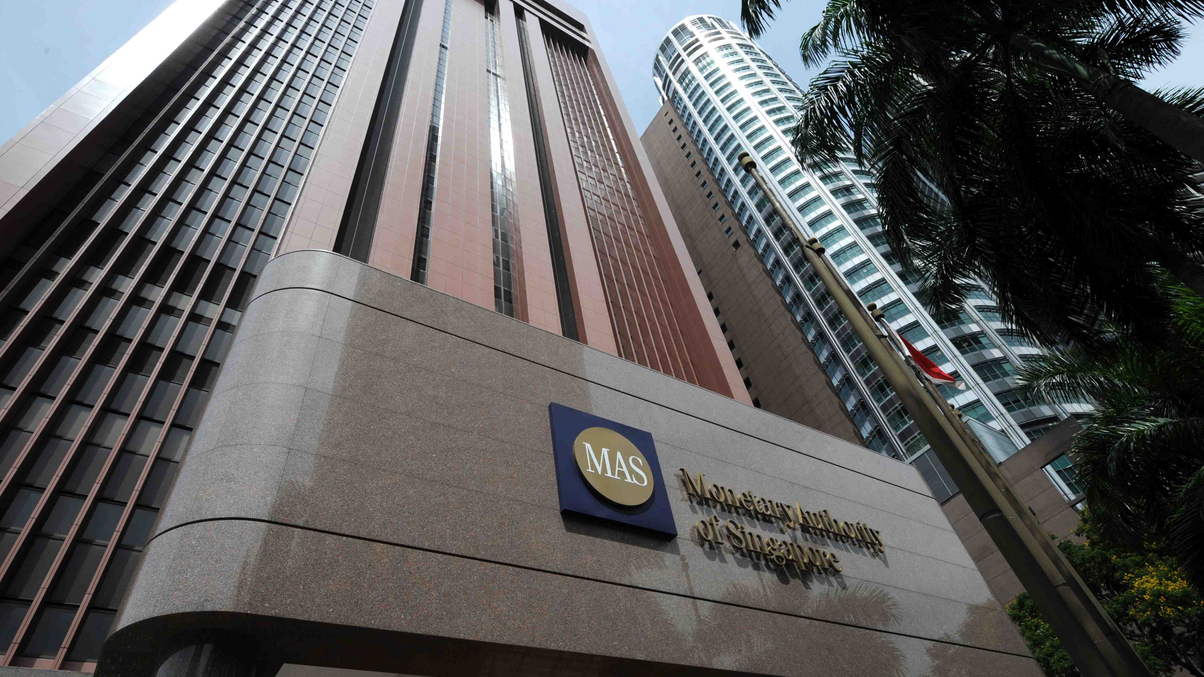Singapore's MAS commits $1.8bn to climate portfolio
Five asset managers get mandates from the Monetary Authority of Singapore that will see them setting up sustainability-focused operations in the city-state.

The Monetary Authority of Singapore (MAS) is allocating $1.8 billion of its Official Foreign Reserves (OFR) to five fund managers to invest into climate-related investment opportunities. .
Sign in to read on!
Registered users get 2 free articles in 30 days.
Subscribers have full unlimited access to AsianInvestor
Not signed up? New users get 2 free articles per month, plus a 7-day unlimited free trial.
¬ Haymarket Media Limited. All rights reserved.


